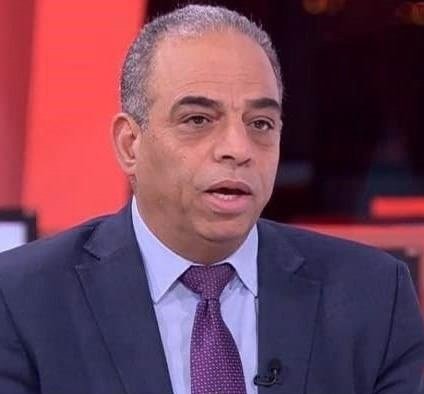
By : Ahmad M. Awad
Jordan Daily – The era of Bashar Al-Assad’s regime in Syria has ended, leaving behind a heavy legacy of severe economic and social challenges. After decades of dominance by the Assad family and their allies over the country’s resources, coupled with a devastating war and crippling international sanctions, the Syrian economy is now in a state of near-total paralysis. Infrastructure has been destroyed, production has ground to a halt, poverty and unemployment rates have soared, and skilled professionals have emigrated.
With the fall of the regime, Syrians hope to rebuild their economy, restore its health, and achieve sustainable development. This requires a concerted effort from all parties-starting with the new government, extending to the private sector, and including the international community—to devise a clear roadmap that sets priorities and directs investments toward vital economic sectors.
Before delving into the pathways for rebuilding the Syrian economy, it is essential to highlight the importance of prioritizing the reconstruction of the energy sector. Syria possesses significant oil resources, which can be as a fundamental lever for financing comprehensive development initiatives, particularly for rebuilding infrastructure.
Reconstructing Syria’s energy sector, importantly, requires regaining control over oil fields; restoring and developing infrastructure necessary for oil extraction, refining, and distribution; and securing energy sector investments. This effort also requires creating a supportive legislative and regulatory environment. Reviving the sector could provide necessary power for other productive sectors and generate substantial state revenues to fund reconstruction and development projects.
Three main and interconnected pathways are ahead for rebuilding the Syrian economy. First is reconstruction, which focuses on massive investments to rebuild destroyed infrastructure such as roads, bridges, buildings, and public facilities. This effort relies on extensive international cooperation, financial aid, and technical support from donor countries and international institutions. Reconstruction can create broad employment opportunities in the construction sector, serve as the stimulus to inclusive economic growth, and rebuild economically necessary infrastructure. Significant challenges to this pathway, however, include the high cost of reconstruction, potential political exploitation of international aid, and difficulties in attracting foreign investments amidst ongoing security instability.
The second pathway is sustainable development, which emphasizes building a diversified and sustainable economy that relies on various productive sectors, such as agriculture, industry, and tourism. Achieving this goal requires profound economic reforms, an improved business environment, and the promotion of entrepreneurship. This approach can lead to sustained and inclusive economic growth, reduce reliance on foreign aid, and create jobs in diverse sectors. However, it demands considerable time to yield tangible results, faces challenges in implementing structural reforms under current conditions, and requires substantial investments in education and training.
Finally, the third pathway is the digital economy, which leverages technological advancements, encourages investments in the technology and telecommunications sectors, and develops digital infrastructure. This pathway requires fostering an innovation-friendly environment and attracting investments in startups. The digital economy can generate new job opportunities, enhance economic growth, and attract investments. However, it demands significant investments in digital infrastructure, risks widening the digital divide within society, and struggles to provide a conducive environment for innovation amid political instability.
Other factors will also significantly influence the future of the Syrian economy. Stability is a fundamental prerequisite for attracting investments, stimulating economic growth, and advancing various development pathways. Yet political and security stability must be grounded in public freedoms and robust constitutional institutions.
International support is also critical for providing the financial and technical resources needed for economic reconstruction, as is the private sector for creating job opportunities and driving economic growth. Investment in education and training will also be essential for developing the skills of the Syrian workforce.
The Syrian economy is at a critical juncture, requiring action that is both collective and decisive. Securing a better future for Syria calls for rebuilding its economy. This will not be an easy task, but it is not impossible. By adopting sound and equitable economic policies and creating an environment conducive to investment and development, Syria can recover economically, achieve sustainable growth, improve the living standards of its people, and lay the foundation for a new era of prosperity and well-being.
Ahmad Awad is the founder and director of the Phenix Center for Economic Studies, specializes in human rights and socio-economic issues. Advocate for human rights and promoting democracy and civil society at local, Arab, and international levels.
The opinions expressed in this article are those of the writer and do not necessarily reflect the views or positions of the Jordan Daily.

